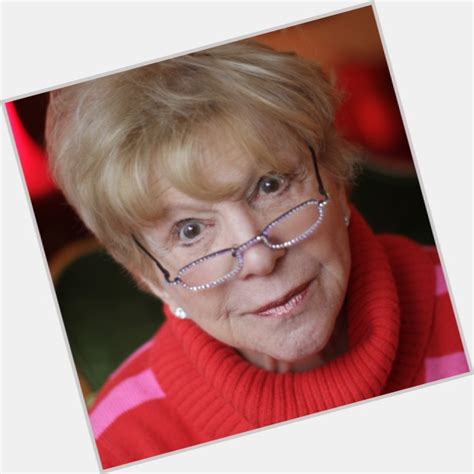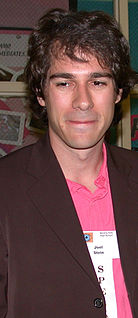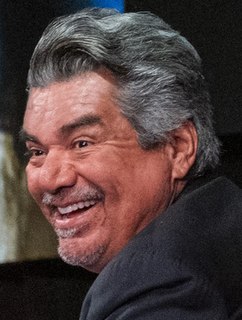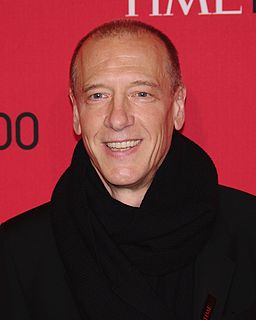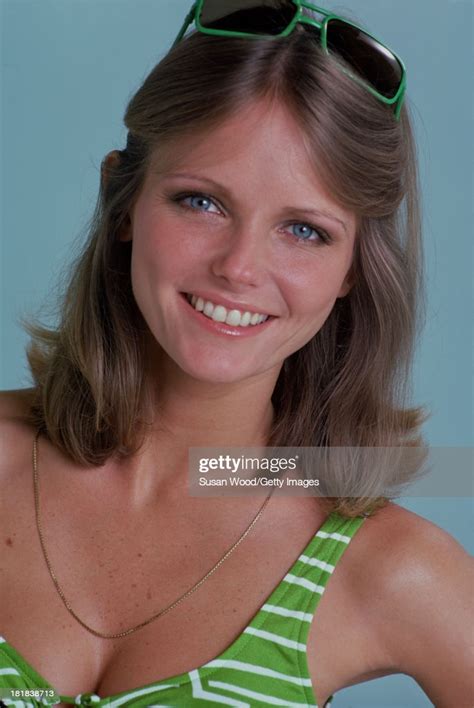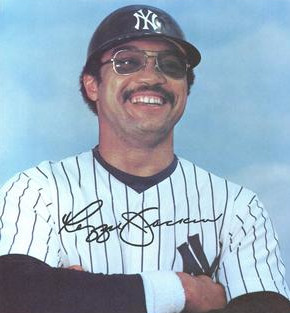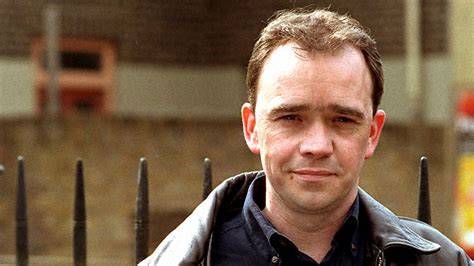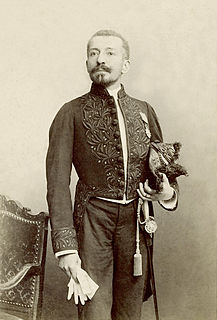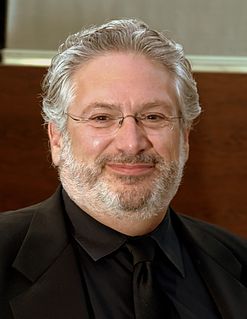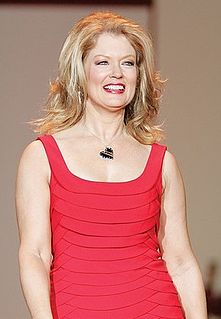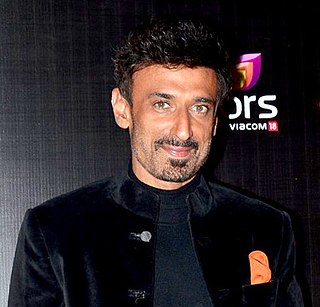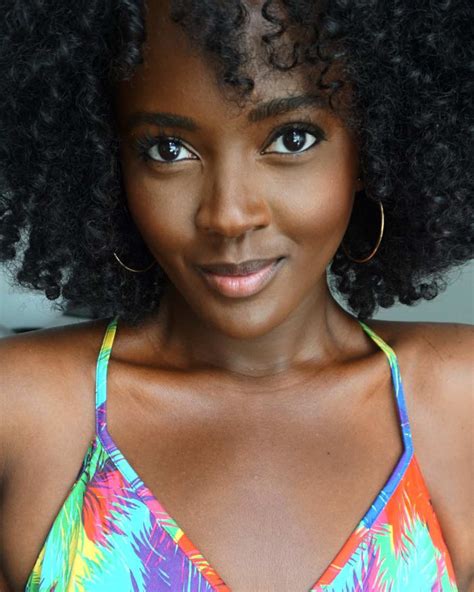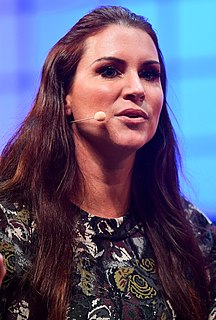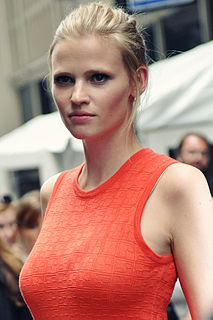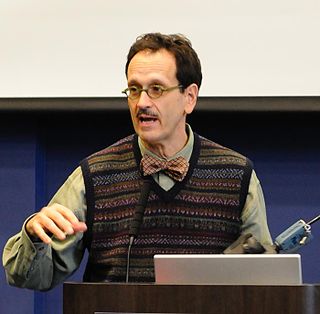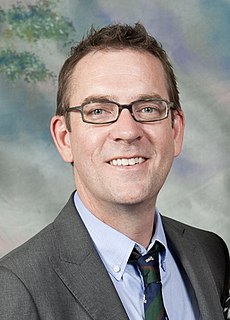Top 1200 Time Magazine Quotes & Sayings - Page 3
Explore popular Time Magazine quotes.
Last updated on April 16, 2025.
By the time I was 11, I wanted to be a comedian. So all those years later, I've managed to achieve my dream as a kid, and it wasn't easy. I'm on the [Hollywood] Walk of Fame and I'm one of the 25 most influential Hispanics in America, according to Time Magazine. I think my duty is to go back and tell kids, 'Whatever color you are, wherever you come from, anything and everything is possible.' And I'm living proof.
First, at a certain point, I wanted to have my own magazine, but I never could. Why? Because I am not commercial enough. The people who would have been able to give me my own magazine, they were not insulting me, but they would simply say, "It wouldn't work for you." And that was a big disappointment to me.
I have written some poetry and two prose books about baseball, but if I had been a rich man, I probably would not have written many of the magazine essays that I have had to do. But, needing to write magazine essays to support myself, I looked to things that I cared about and wanted to write about, and certainly baseball was one of them.
After eating, an epicure gives a thin smile of satisfaction; a gastronome, burping into his napkin, praises the food in a magazine; a gourmet, repressing his burp, criticizes the food in the same magazine; a gourmand belches happily and tells everybody where he ate; a glutton empraces the white porcelain alter, or more plainly, he barfs.
I remember once when I was working on a magazine, and one of the male editors was going on a field trip with one of his sons. The office was full of, 'He's such a good dad,' whereas I came in late from a doctor's appointment for one of my children and was asked, 'Where were you? You'll need to make up the time.'
There was a time in the 1930s when magazine writers could actually make a good living. 'The Saturday Evening Post' and 'Collier's' both had three stories in each issue. These were usually entertaining, and people really went for them. But then television came along, and now of course, information technology... the new way of killing time.
There was a time in the 1930s when magazine writers could actually make a good living. 'The Saturday Evening Post' and 'Collier's' both had three stories in each issue. These were usually entertaining, and people really went for them. But then television came along, and now of course, information technology...the new way of killing time.
Before I went to boarding school, I had never read a fashion magazine. I grew up on a council estate in London, and fashion magazines were a luxury item that weren't even on my mind. The closest I got to a fashion magazine was my cousin's 'Top of the Pops' magazines, where we would learn the lyrics to every song and put posters on our walls.
We've worked together with Carine Roitfeld a lot; she's been a big supporter and helped me along with everything. Also, just the way she does her magazine - she's not afraid to do things differently or scared to put certain things in her magazine, a bit of controversy. She's a bit naughty. She likes sexy things.
I am sure that the two main forms of English, American English and British English, separated geographically from the beginning and severed politically since 1776, are continuing to move apart, and that existing elements of linguistic dissimilarity between them will intensify as time goes on, notwithstanding the power of the cinema, TV, Time Magazine, and other two-way gluing and fuelling devices.
The public school system: "Usually a twelve year sentence of mind control. Crushing creativity, smashing individualism, encouraging collectivism and compromise, destroying the exercise of intellectual inquiry, twisting it instead into meek subservience to authority." - Walter Karp, Editor Harper's Magazine
The ground of liberty is to be gained by inches, and we must be contented to secure what we can get from time to time and eternally press forward for what is yet to get. It takes time to persuade men to do even what is for their own good.
I think one of the things that started to hinder Baldwin as an artist later on was that he became really aware of power, so he wanted it, too. But if you look at the work before that, before 'The Fire Next Time' put him on the cover of 'Time Magazine,' it was much more intimate and a much more internal conversation.

